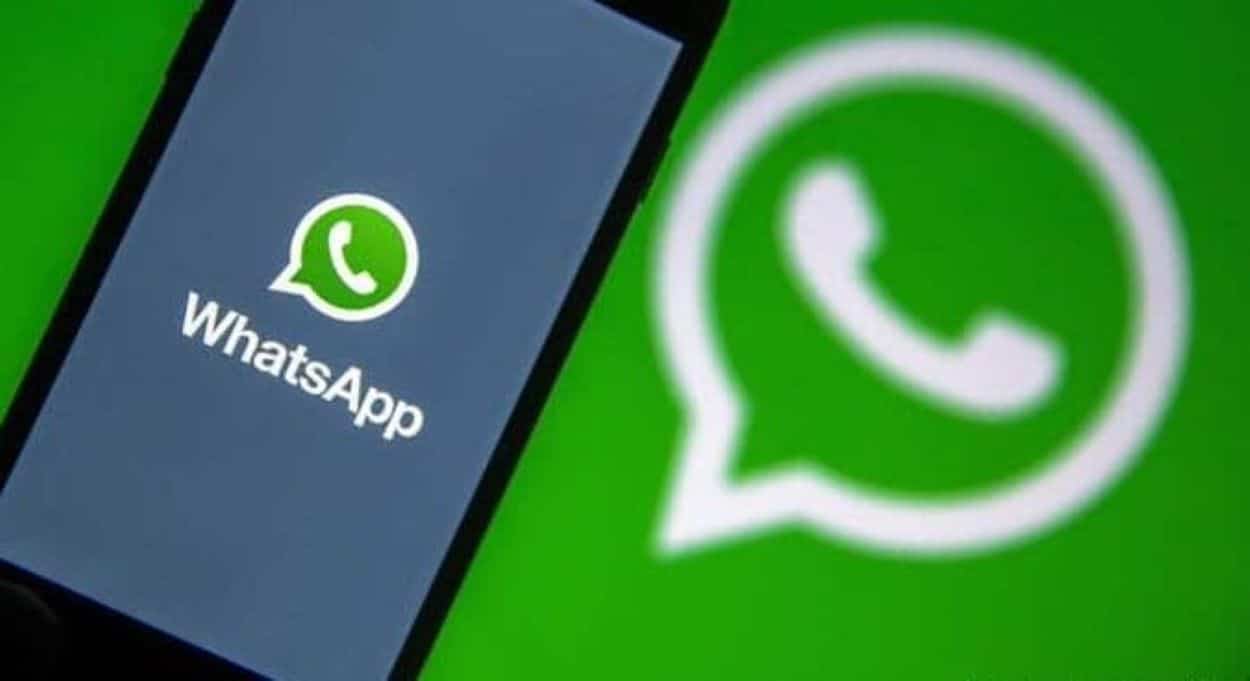WhatsApp has transitioned its Windows beta app from a native Universal Windows Platform (UWP) version to a web-based client, following updates released earlier this week.
The original UWP app, which was introduced in 2022, offered optimised performance and native support for Windows notifications. This shift to a web wrapper utilising Microsoft Edge WebView2 may increase system resource usage, similar to the downgrade of Meta’s Messenger app that occurred last year.
The update requires users to relink their devices, presenting a user interface similar to WhatsApp Web. While this streamlines development for Meta, it eliminates Windows-specific design features, which may result in slower performance on certain devices.
WhatsApp is dropping its native Windows app in favor of an uglier web version https://t.co/q5A4cPPihN
— The Verge (@verge) July 21, 2025New WhatsApp for Windows Beta
The updated app introduces access to Channels and enhancements to Communities and Status features, though details on these upgrades remain limited. Users can expect the same functionality as the browser version, including messaging, calls, and media sharing. However, the reliance on WebView2 requires a recent Microsoft Edge installation for proper functioning.
This move aligns with industry trends where companies prioritise cross-platform consistency over native optimisations. Meta has not commented on whether the Mac version will follow suit.
With the latest WhatsApp Beta for Windows, Meta seems to be ditching the native app in favour of a slower, more resource-hungry web wrapper. #WhatsApp #WhatsAppWindows #Windows #Windows10 #Windows11 #MicrosoftStorehttps://t.co/PkRL2Zf9lr
— Express Technology (@ExpressTechie) July 22, 2025The web wrapper may consume more CPU and memory compared to the native app, potentially affecting battery life on laptops. On the positive side, it ensures faster feature updates synced with WhatsApp Web.
Gadgets 360 staff confirmed the UI change in the latest beta, noting the addition of Channels as a welcome update. For users on stable versions, the shift will likely roll out gradually.
Read: WhatsApp Rolls Out AI Support Chat on iOS for Instant Help
The native UWP app excelled in speed and integration, particularly in areas like seamless notifications. The web version, while functional, lacks these advantages but offers broader compatibility.






